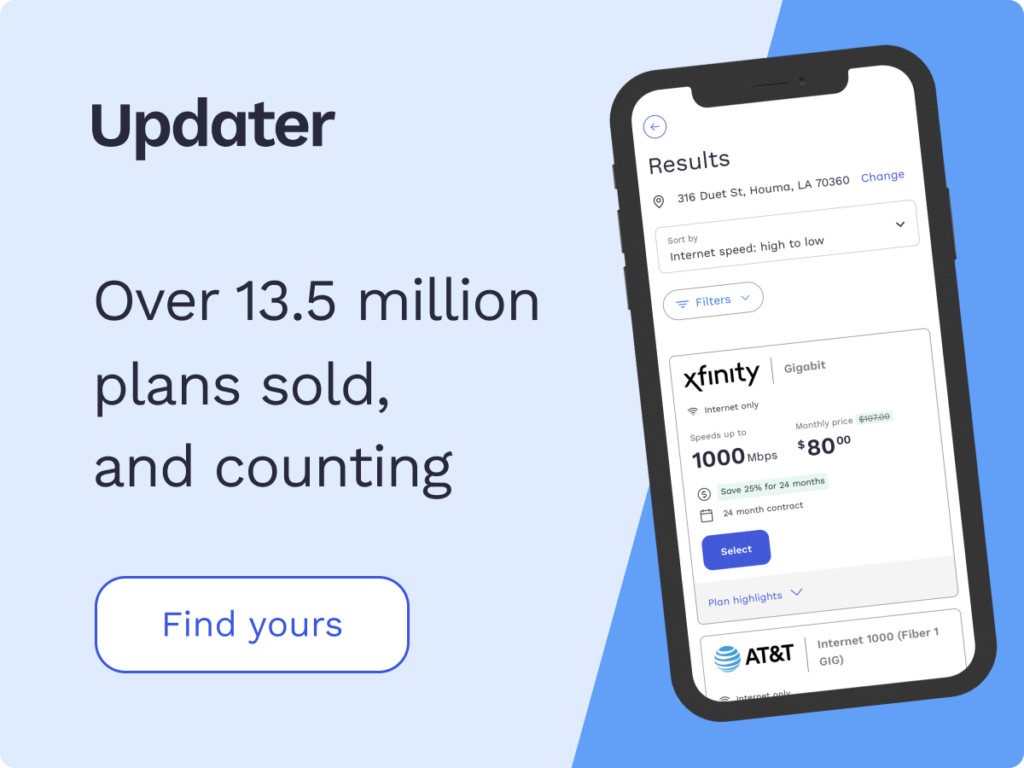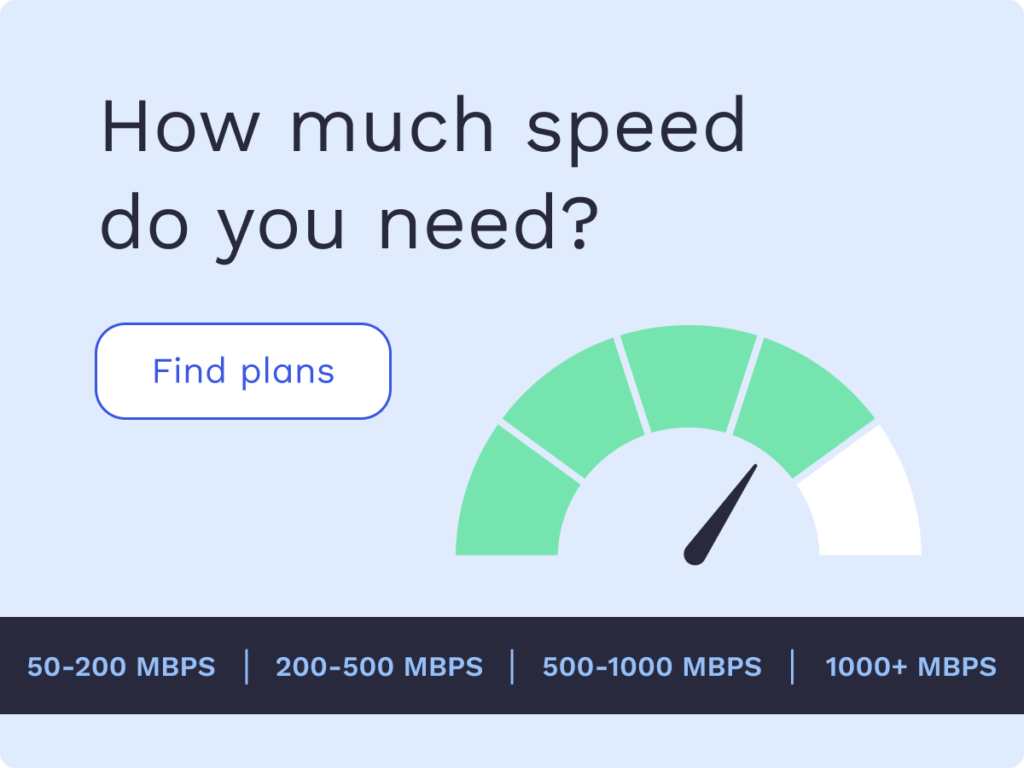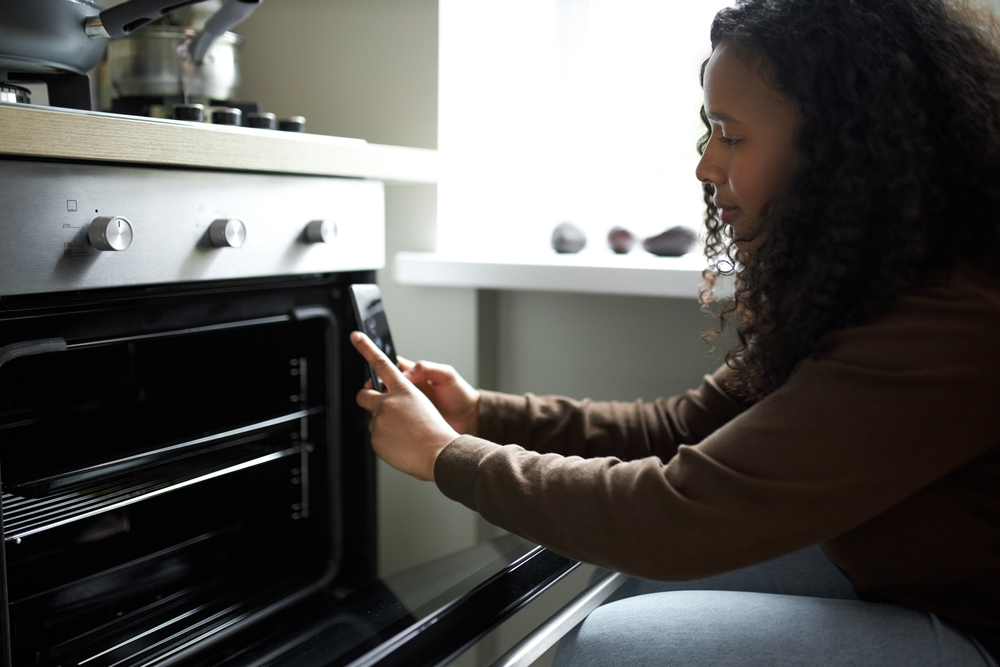A Guide to Satellite Internet for Boats

The time you choose to spend at sea may be to disconnect from the world or get from one place to the next. Or you may be tasked with a job that requires you to spend days on the water. No matter why you’re out on a boat, you may need to access the internet.
Years ago, accessing the internet on a boat would have been nearly impossible and not even a necessary commodity at sea. However, the world has shifted to internet-based communication, technology, and even navigational tools. If you need to connect to the internet while out on your boat, what are some of your options, and what is the best way to set it up?
This guide provides the answers to these questions along with a few more useful tips for setting up satellite internet on your boat.
- The challenges of getting internet on a boat
- Broadband Global Area Network (BGAN)
- Alternatives to stay connected closer to shore
- How to set up internet on your boat
- Which option is best for you?
- Frequently asked questions (FAQs)
The challenges of getting internet on a boat
If you have the internet at your home or data on your phone, you are no doubt familiar with occasionally having a weak signal or not having one at all. This is related to the towers these devices need to connect to provide you with access to the internet. If you are miles away from any land, never mind a cellphone tower, how can you possibly get internet on your boat?
For remote locales far from internet towers or connections, satellite internet is the best, and often only, alternative. Satellite internet gives you the option of being miles from anything and still having the ability to connect to the internet. Equipment and technology have advanced and been adapted to work while on a moving vessel to give you access to messaging, internet surfing, phone calls, and in some cases, even full HDTV reception.
Due to the complexity and specialty use of these types of satellite internet plans, they do often come with a higher price tag. If your goal is to sail away while working remotely or you just need to keep in touch with your family and friends while away, the extra cost may be worthwhile.
However, there are also ways you can save money by staying under data caps and avoiding overage fees. For example, when you’re a little closer to shore, you can use signal boosters. These can help you connect to Wi-Fi provided at marinas. You also have the option of using a cellphone plan that you already have to set up a hotspot to connect to the internet right on your boat.
Broadband Global Area Network (BGAN)
The Broadband Global Area Network (BGAN) gives you just what the name implies, a global area network. This is your best option if you need a solid signal while miles away from land. BGAN gives you an internet connection almost anywhere in the world. It is essentially a portable hotspot that can be used anywhere you travel on land or sea.
The main requirement for using a BGAN system is a clear view of the sky, which is typically quite easy while out on a boat. The terminal uses GPS to communicate with the satellite and can be linked to your devices via an Ethernet cable, Bluetooth, Wi-Fi, or USB. The terminal device is completely portable and about the size of a small laptop. The equipment is made to be used and travels with you, so it is rugged and ready for days at sea.
The BGAN option is the most reliable for internet connections away from land, which means it comes with the price to match. But if you need access to the internet more than just when you’re in port, this is the best option for you. Here are some of the prices you can expect to pay for BGAN satellite internet:
- Thrane & Thrane Explorer 700 BGAN modem. Costing $5,731.83, this unit gives you up to 492Kbps of bandwidth and a range of up to 230 feet.
- Hughes 9350 Inmarsat BGAN mobile satellite terminal. With a price tag of $14,254.63, this unit gives you up to 400Kbps, as well as the ability to support up to 11 users.
For satellite internet packages for your boat, you have a few different options. For example, KVH offers plans with a range of data caps:
- HTS-M200 costs $99/month and comes with 5Mbps download and 2Mbps upload speed with a data cap of 200MB per month and overage fees of $0.99/MB
- HTS-M500 costs $259/month and comes with 5Mbps download and 2Mbps upload speed with a data cap of 500MB per month and overage fees of $0.69/MB
- HTS-M1GB costs $519/month and comes with 5Mbps download and 2Mbps upload speed with a data cap of 1GB per month and overage fees of $0.59/MB
Alternatives to stay connected closer to shore
Two of the best ways to connect while closer to shore include mobile hotspots and public Wi-Fi.
Mobile hotspots
If your trips will only take you a few miles offshore, or you only need the internet when you are coming into port, a mobile hotspot is a great, inexpensive option. A mobile hotspot connects to the same towers as your cellphone, so you will need to be within about 10 to 20 miles of land to maintain a signal. This could be used if you are cruising along the shore or boating in a local lake or river. You’ll need to keep in mind that if you are traveling outside the US, you will need to change your SIM card to match the local cellphone coverage to continue using your hotspot features.
Your current cellphone plan may allow you to use your phone as a hotspot but will probably come with capped data amounts, so you will need to check your current plan for what is allowed. However, you can often upgrade to a higher plan to use your cellphones hotspot more frequently while on your boat, but watch your data use to avoid overage fees.
Even while traveling on land, you occasionally will have a weak signal or lose internet connection due to being too far from a cell tower. Cellular boosters can help improve your phone’s signal to give you an even better connection for your hotspot device. This could enable you to be up to around 20 miles from shore and still be able to hook up to the internet.
Public Wi-Fi
If your boating adventures keep you close to land, then simply linking up to the marina’s free Wi-Fi is your best and by far the cheapest option. You will, of course, be limited to only connecting while docked or within a short distance to the marina itself, but the use of the Wi-Fi is typically free.
Public Wi-Fi does come with its challenges of too many devices connecting, resulting in slow processing or spotty signal altogether. A Wi-Fi extender can help boost the signal to improve connection and hopefully give you the internet speeds you need. Although a Wi-Fi extender is an additional cost upfront, it does not require any monthly plans or payments. Once you have purchased the device, you can use it as often and as much as you need.
How to set up internet on your boat
Satellite internet
One method of setting up satellite internet is similar to setting up your home internet. You will need to purchase the terminal to broadcast the signal, which connects to the satellite and provides you with an internet connection.
Once you buy the terminal, you can have someone from your satellite internet provider install it for you. But if you’re at a port that’s too far away for your internet service provider (ISP), you may have to do it yourself. The actual setup will vary based on the kind of satellite equipment you have.
For example, if you have a satellite dish, you must point it at the equator. Then you connect a coaxial cable to it to get the internet signal from the dish to your modem. You can then connect to the modem using either an Ethernet connection or a wireless one if it’s a combination modem and wireless router.
For systems that don’t use a dish, such as the Thrane & Thrane Explorer 700 BGAN modem mentioned previously, you get a unit that works as both a modem and a Wi-Fi router, enabling you to connect to it with either a mobile device or one with an Ethernet port. However, to ensure everything is configured properly and you’re able to get reception from your provider, it’s best to reach out to your ISP.
Once set up, you can connect your phone, laptops, tablets, or televisions to the network and start surfing the web. You will have monthly plan options to choose from, which vary depending on the amount of data you require.
Other ways to connect to the internet
Even if you invest in satellite for your internet, you may want to use alternatives when closer to shore. Knowing how to use mobile hotspots and public Wi-Fi can help you connect quickly.
Mobile hotspot
If you choose to stick with using your existing cellphone plan, a minimal setup is required. You simply need to verify your data plan allows you to turn your phone into a hotspot and check the amount of data you can use. You may choose to upgrade your plan to use more data while out at sea, but that is up to you. If you are unsure of your signal strength or perhaps have even tested the connection and noticed it isn’t quite strong enough, you can purchase a booster to get a better signal. These devices are simple to set up and link easily with your existing cellphone.
Public Wi-Fi
Using public Wi-Fi supplied by the marinas along your trip also requires almost no setup. You can connect to the Wi-Fi just as you would any public Wi-Fi and use it however you need while in port. If the signal is weak, purchasing a Wi-Fi extender will boost the connection and get you on the web in no time. An extender takes a few steps to set up and will work with most public Wi-Fi networks.
Which option is best for you?
Having satellite internet for your boat is a personal choice. If you venture away from shore frequently, satellite internet may be a necessity, but you can use other options when close to land. Knowing key facts about each option can help you make the right choice for your needs.
BGAN: satellite internet
- Internet access almost anywhere in the world
- Portable terminal
- More expensive
Mobile hotspot: cellphone or hotspot device
- Use your current cellphone and plan
- Can purchase booster to enhance signal easily
- Typical plans offer limited hotspot data usage
- Only works within 20 miles of shore
Public Wi-Fi
- Free to connect
- Purchasing a Wi-Fi extender can boost weak marina signals
- Will only work when you’re docked at a marina
Frequently asked questions (FAQs)
Should you get internet for your boat?
The internet has become part of daily life for most people. So you may need internet for your boat, especially if you expect to spend significant time there. Having a satellite connection can keep you online wherever you are, even miles out to sea. When closer to shore, you can use mobile hotspots or Wi-Fi to save money and keep connected.
How much data do you need on a boat?
The amount of internet data you need will depend on what you are using it for. Simple navigation tools and sending a few text messages will use less than 1GB a week. If you want to catch the latest episode of your favorite show, you will use that same 1GB to watch a one-hour-long show. Deciding what you will use the internet for while you are out at sea will help you figure out just how much data you need to purchase.
What speed should your Wi-Fi be?
The speed of your internet again depends on what you will be using it for. Simple texting and quick internet searching may not need that much speed. Sites such as Facebook use about 500Kbps to open and view. If you plan to stream videos from Netflix or Hulu while on the boat, you will need significantly faster internet. A low-quality video can stream for about 1.5Mbps, while an HD version will take around 5Mbps.
*Pricing varies by location and availability. Speeds may vary. All prices subject to change; for current pricing and availability visit our internet service page. Prices as of 6/22/22.
Disclosure | Updater articles are based on our own data and research, independent from partner relationships. We are not compensated by partners for information and opinions presented here. Our Editorial Terms of Service can be found here.














